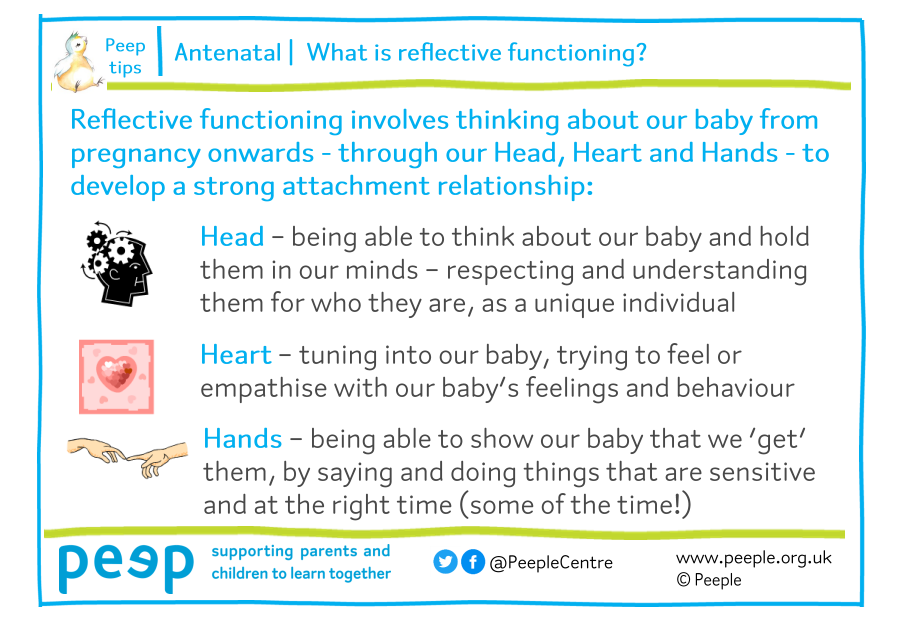Introduce
Supportive conversations are important for new parents as they navigate the challenges and highlights of early parenthood. These discussions provide emotional reassurance, practical advice, and establish a connection of trust, all of which help parents feel less isolated and more confident in their abilities. Supportive conversations, therefore, have a direct impact on helping children thrive. When parents feel heard and supported, they are better equipped to provide a nurturing and responsive environment for their child.
In the 1950s, paediatrician and psychoanalyst Donald Winnicott introduced the concept of the “good enough mother”. This idea has since evolved into the broader theory of “good enough parenting,” which remains a valuable and reassuring framework for supporting families today.
This video illustrates why parenting ‘perfection’ is neither possible, nor what children really need, and why good enough parenting is great parenting.
By combining supportive conversations with the principles of “good enough parenting,” new parents can find the confidence, tools, and perspective needed to navigate the complexities of early parenthood while prioritising their wellbeing and their child’s development.
Develop
The image below from Peep introduces the concept of reflective functioning using the ‘Head, Heart, Hands’ model to help parents and carers build strong attachment relationships with their baby from pregnancy. Supportive conversations may give parents space to reflect on how they engage with their babies and where their strengths and challenges lie.

Reflect
Stop and Reflect: The following questions aim to develop your ability to engage parents through supportive conversations:
– How do you ensure that your conversations are non-judgmental and affirming, promoting confidence in parents to embrace “good enough” parenting?
– How do you balance supporting parents in building practical skills (hands) while addressing emotional concerns (heart) and sharing knowledge (head)?
– How can you use the “head, heart, hand” framework to better understand a parent’s strengths and challenges?






